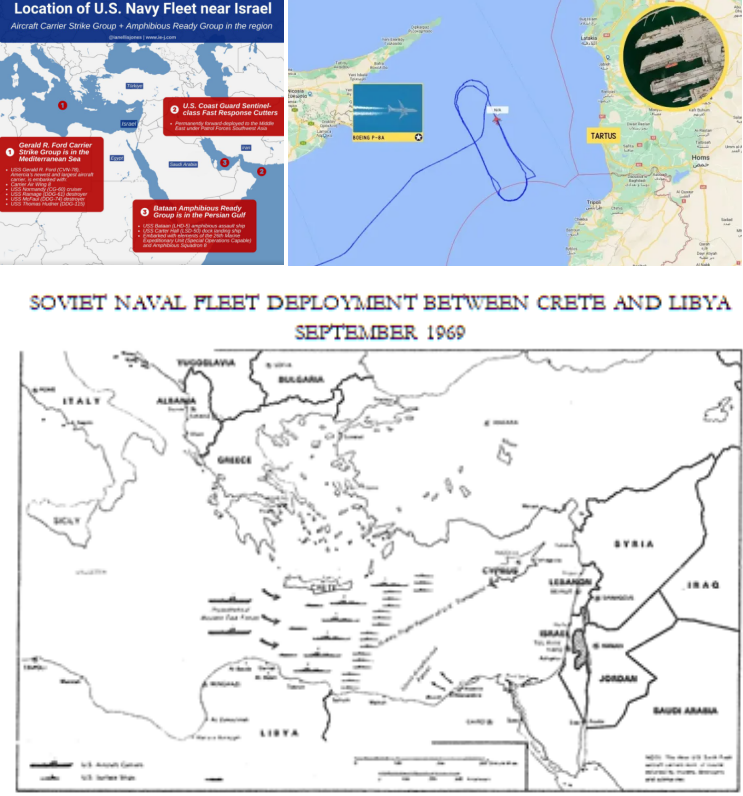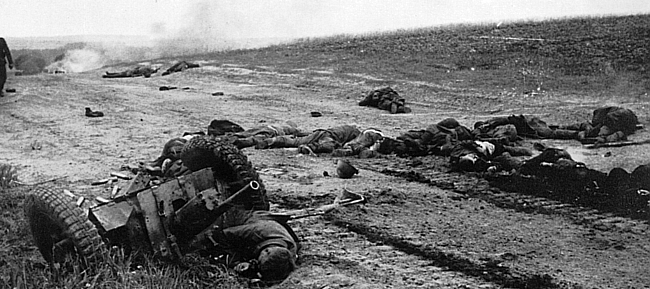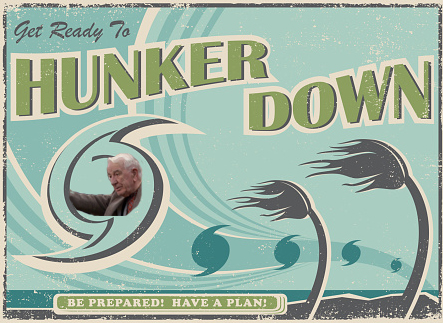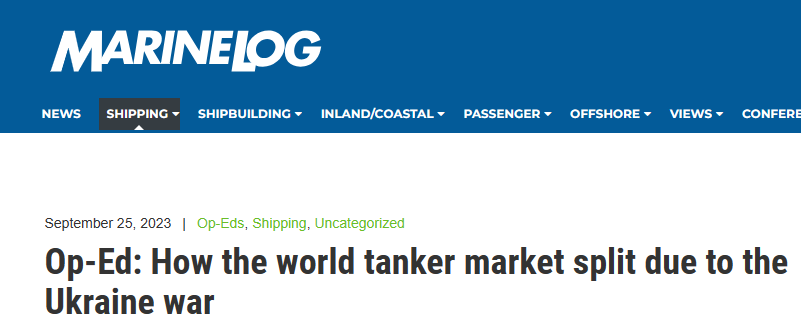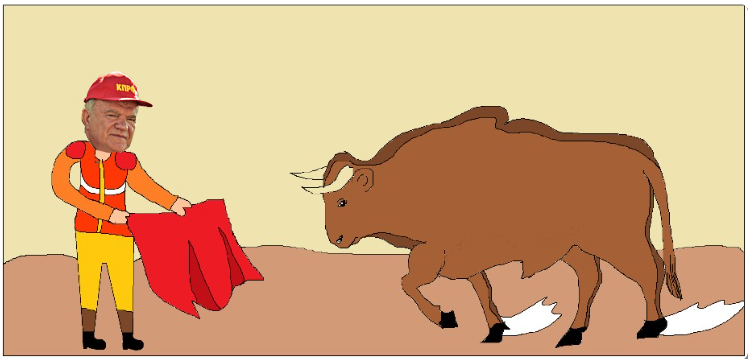

By John Helmer, Moscow
@bears_with
Until now Russia has never been so silent in the middle of a Middle Eastern war.
Russian opinion pollsters are reluctant to reveal how far the country’s public opinion is moving away from Israel towards the Palestinians and the anti-American Arab and Iranian side.
The silence from the Kremlin reveals how thoroughly the Israelis have burned their bridges to President Vladimir Putin, and how far, if silently, the Russian President has moved to the side of the General Staff in their assessment of Israel as hostile – on the enemy front with the Ukraine, the US and NATO. Putin’s pro-semitism, on display in his relationship with Prime Minister Benjamin Netanyahu for several years, is now impossible in public, also in private.
The Russian money which has moved easily between Moscow and Tel Aviv and exercised its influence on Putin’s dealings with the Israelis, is now fleeing back to Moscow with the oligarch, Mikhail Fridman. About Fridman’s flight to safe haven in Russia, the Kremlin spokesman, Dmitry Peskov, has said: “Fridman is a citizen of the Russian Federation. He can come back, live here, leave here, just like any other citizen of the Russian Federation. There is nothing unusual.”
About that, the Speaker of the Duma, Vyacheslav Volodin, said something more unusual. “Anyone who left the country and engaged in reprehensible acts, celebrating gunfire on Russian territory and wishing victory to the Nazi Kiev regime, should realize they are not only unwelcome here, but if they do return, Magadan [the gulag] is waiting for them.”
From a policy of equivalence and equivocation between Israel and the Arabs, Russia has reached the policy of engagement on the Arab side. The driver has been the US war to defeat and destroy Russia through the Ukraine. The longer the new Palestinian war lasts, the more clearly Russian military and political strategy in the Middle East will pursue a new anti-American line. The consequences are as great as the defeat of the US and NATO which Russia is now inflicting in Europe, and of the western sanctions war in the global commodity markets and the trading lanes at sea.
“We are witnessing a sharp deterioration of the situation in the Middle East,” Putin said in his public welcome for Iraq’s prime minister, Muhammed Shia al-Sudani, at the Kremlin on Tuesday morning. “I think that many will agree with me that this is a clear example of the United States’ failed policy in the Middle East, which tried to monopolise the settlement process, but, unfortunately, was not concerned with finding compromises acceptable to both sides, but, on the contrary, put forward its own ideas about how this should be done and put pressure on both sides, truly both — first on one, then on the other. But each time without considering the fundamental interests of the Palestinian people, bearing in mind, first of all, the need to implement the decision of the UN Security Council on the creation of an independent, sovereign Palestinian state.”
The Foreign Ministry followed Putin later in the afternoon, when the regular weekly briefing by Maria Zakharova was advanced several days early in order to report there have been direct negotiations with the leaders of Egypt, the United Arab Emirates, the Arab League, Iran, and Turkey – not with Israel.”*
“The US bet on the ‘freezing’ of the status quo and the promotion of ‘economic peace’, as well as the use of collective formats tailored for crisis response, has not justified itself,” Zakharova said. “Everyone sees the result…The statements of American politicians and public figures calling for ethnic cleansing in the region look monstrous. They openly call for one group of people [to be] near-doomed to complete destruction. Once again, aggression, violation of the rule of law, and the caveman’s hatred have emerged on the surface of the American declarations of good looks and human rights dogmas.”
In the first direct Russian warning to the US Navy force in the Eastern Mediterranean, Zakharova added: “So far we see that the situation is developing along the path of escalation. There is a great risk of involving third forces in this conflict. And this is fraught with long-term consequences for the region and for the world.”
Putin followed in the evening on the telephone with the Turkish President, Recep Tayyip Erdogan. “The need for an immediate ceasefire by both sides and the resumption of the negotiation process was emphasised,” according to the Kremlin’s communiqué. “Mutual readiness to actively contribute to this was expressed…Separate issues of Russian-Turkish cooperation in various fields were also touched upon.”
Erdogan’s press release was more revealing. He and Putin had “touched upon what initiatives can be taken to meet humanitarian needs in the region, as the Turkish president told Putin that targeting civilian settlements is worrying and Türkiye does not welcome such move.” Erdogan’s twitter announcement adds: “President Erdoğan and President Putin of Russia also exchanged views on potential initiatives to meet humanitarian needs in the region.”
This is a hint that Erdogan and Putin are contemplating a Turkish ship convoy of aid to Gaza, protected from Israeli attack by the Russian Navy from its Tartous base on the Syrian coast, and by the Russian Air Force from Hmeimim. This humanitarian operation by sea would aim at breaking the blockade of the coast by the Israelis, and running the gauntlet of the USS Gerald Ford and its squadron further offshore. If this operation, a reminder of the Gaza Flotilla of 2010, is in planning now – the open signals are warning Washington and the US Navy to expect it – then the confrontation, and the risk to the US and Israel of strategic defeat at sea, are unprecedented.
(more…)
